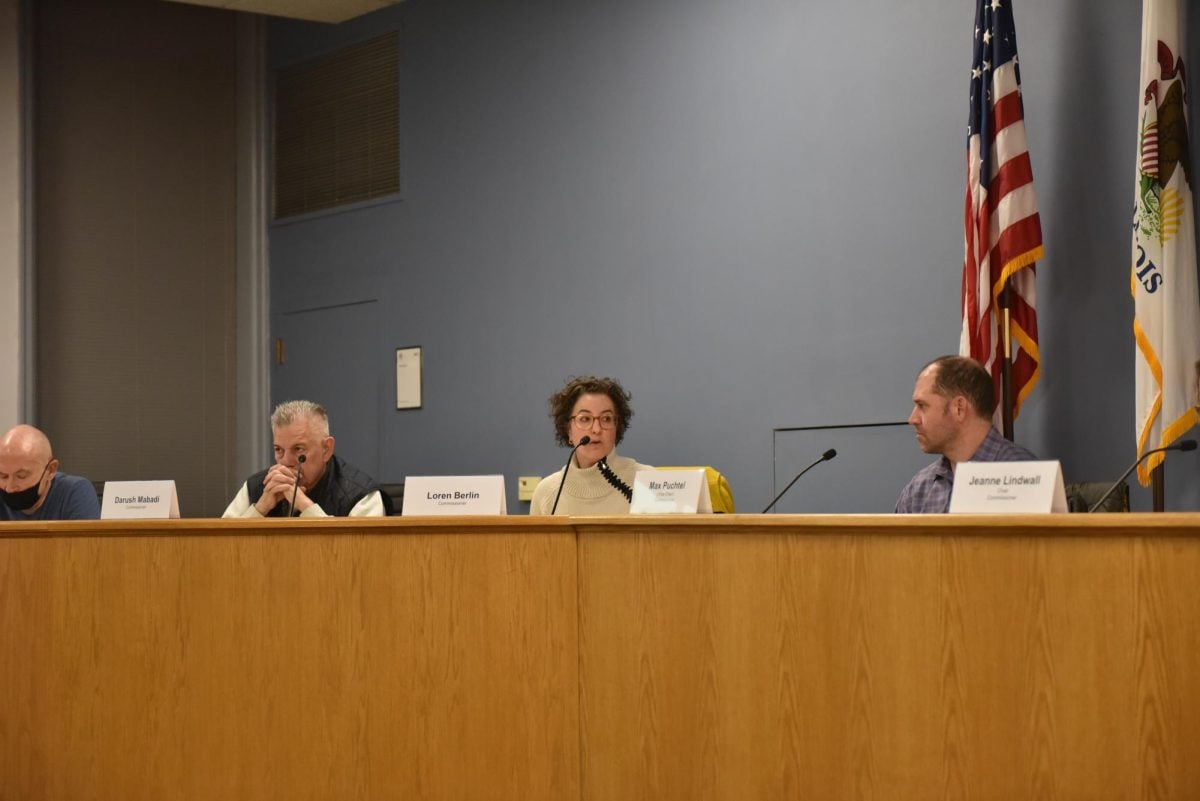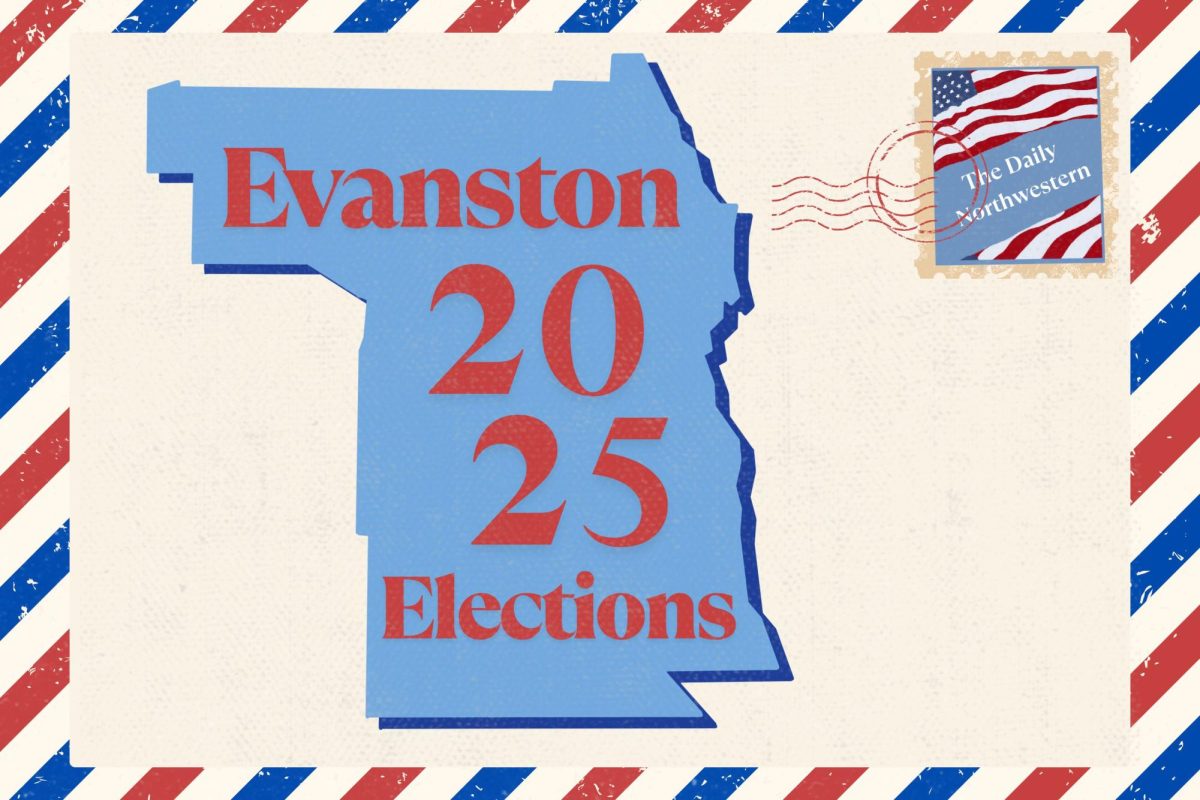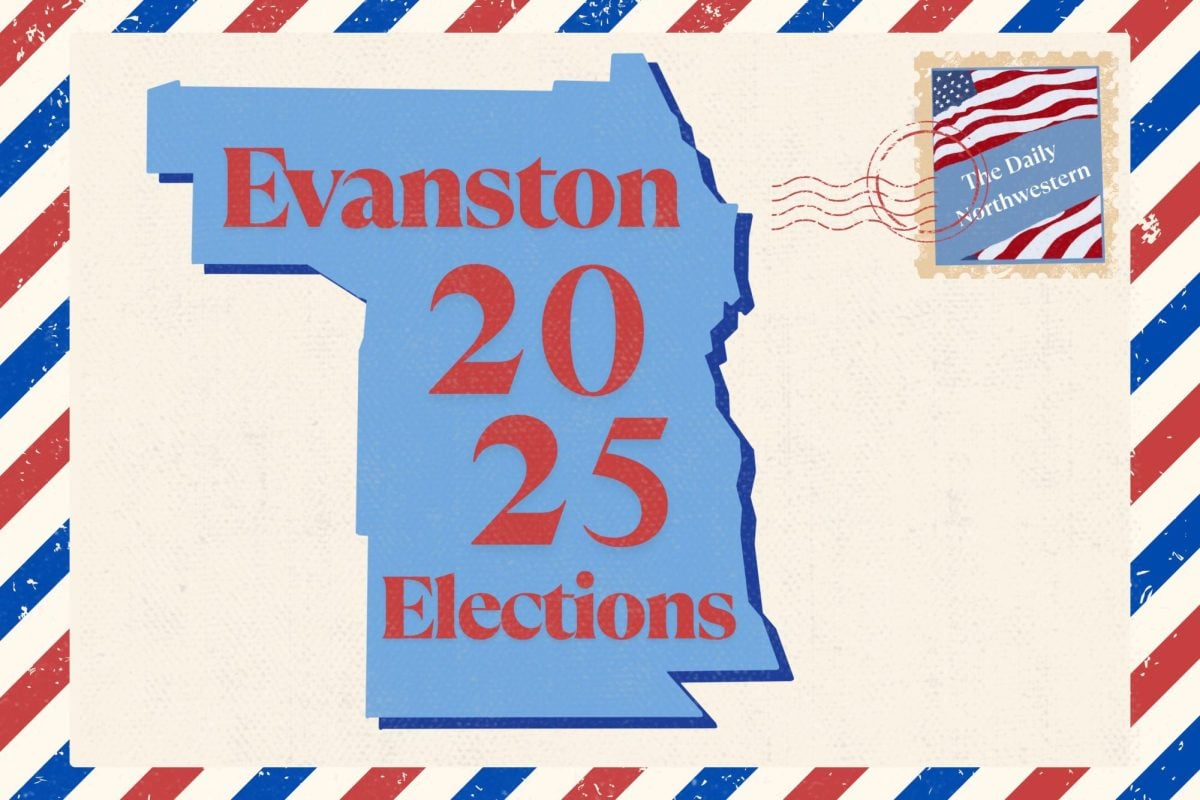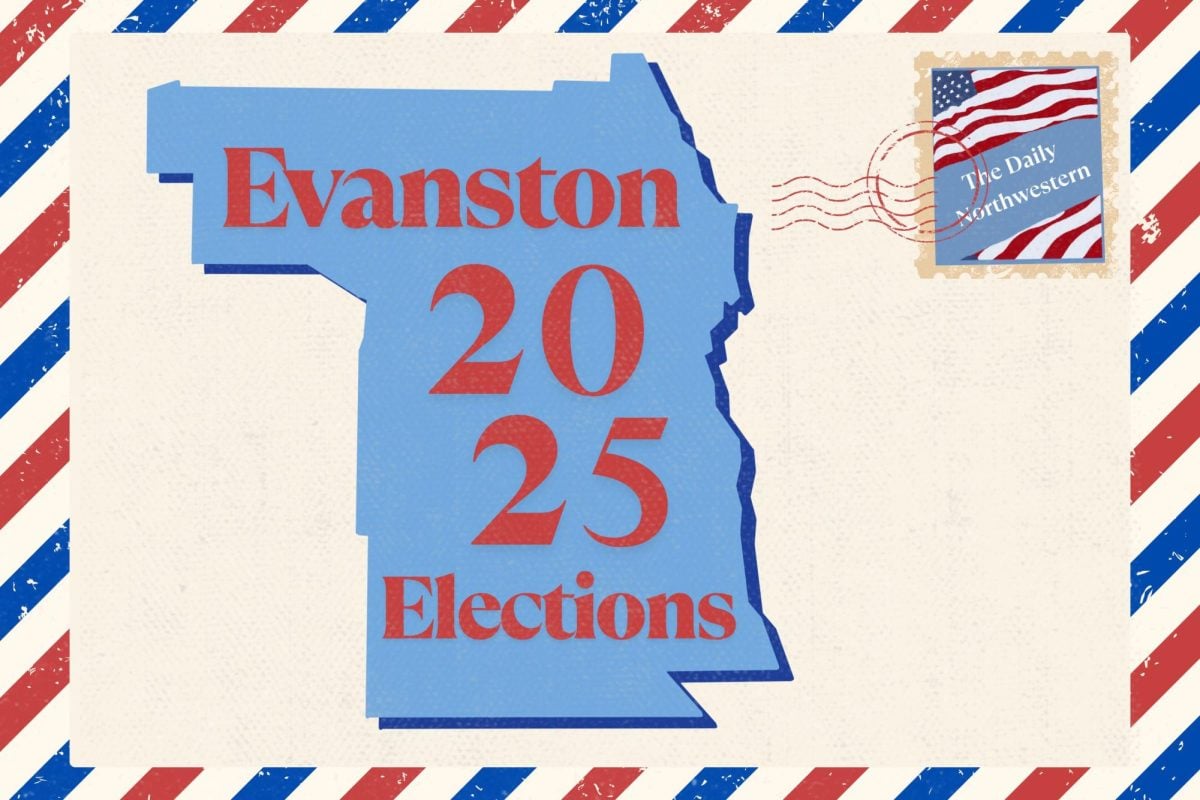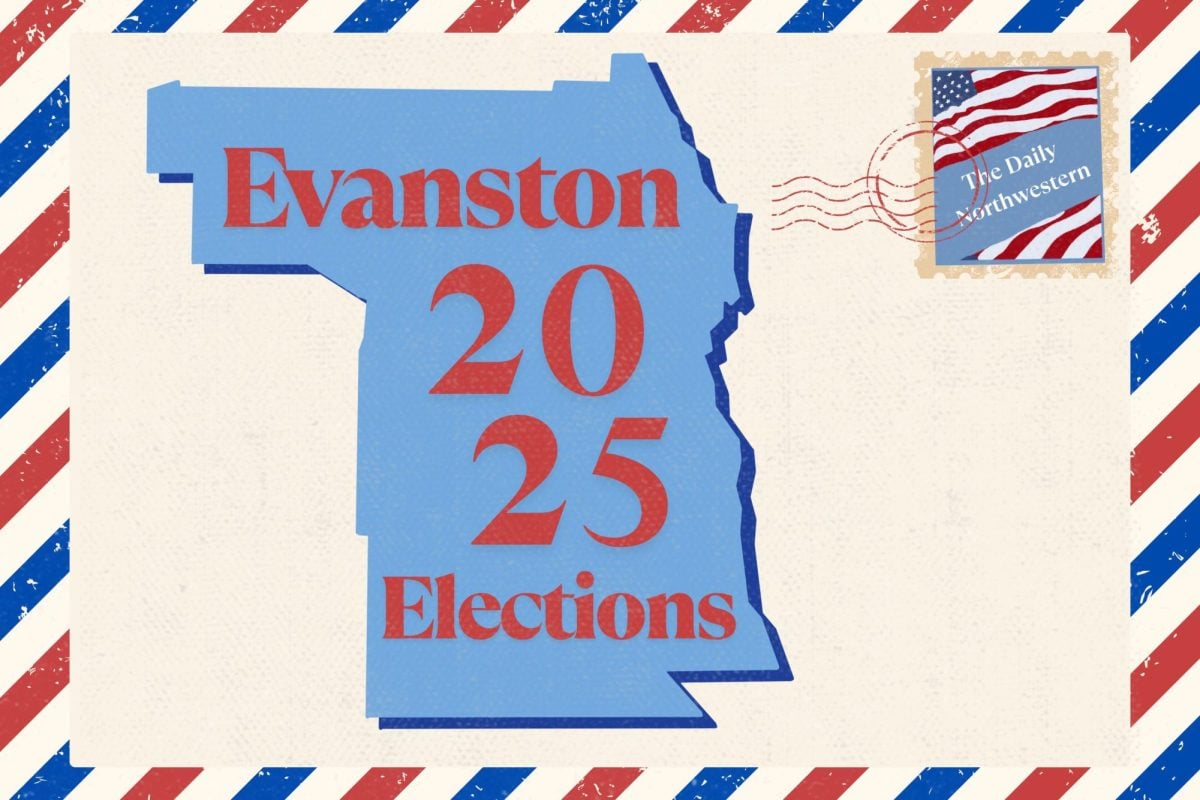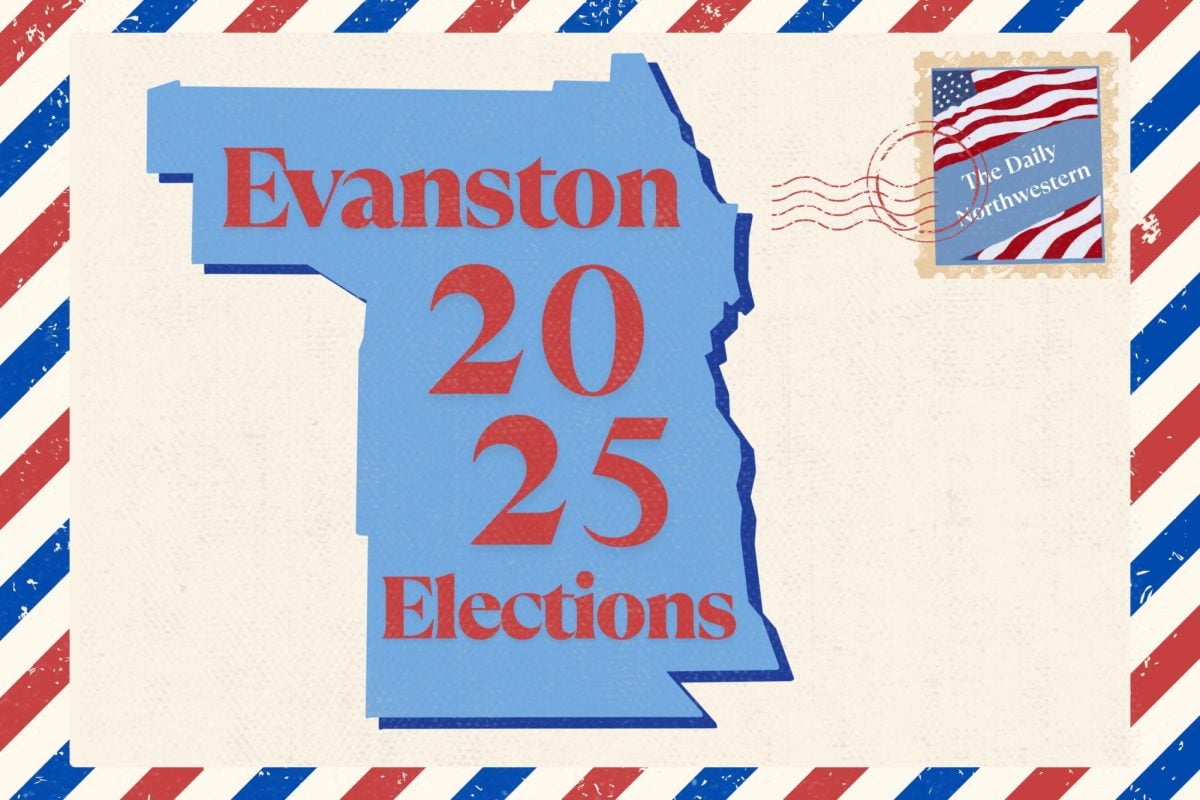Evanston’s Land Use Commission now expects to delay formal recommendations on the most recent draft of the contentious Envision Evanston 2045 comprehensive plan until at least late April.
The Wednesday meeting was the commission’s first in examining the second and latest draft of Envision Evanston, which the city released last Friday.
At the meeting’s outset, Deputy City Manager Steve Ruger provided a brief presentation outlining the changes incorporated into the latest draft, including new chapters.
Following the presentation, Chair Jeanne Lindwall affirmed that the document will not be completed by April 1 because of the need for community dialogue in revising the newest version of the plan.
“This is a community’s document, and it has to be reflective of the community, and there’s got to be consensus,” Lindwall said.
She, along with Commissioner Jameika Mangum, suggested a schedule to review different chapters of the plan in sequential order throughout regular and special meetings in March and into late April while commissioners meet with city staff to provide recommendations.
Lindwall said the goal is to compile specific recommendations from Evanston residents, boards and commissions to create a “suggested edit document” for the commission to refer to in their final recommendation to City Council.
Planning Manager Elizabeth Williams encouraged the commission to deliberately focus on specific themes and relevant text changes brought up by the public.
Commissioners and residents alike argued that the plan conflates greater housing density with increased housing affordability.
Commissioner George Halik advocated for the updated draft to address his belief that increased density does not necessarily result in increased housing affordability, and to acknowledge that many residents do not want more density.
Loren Berlin, the commission’s newest member, observed that affordable housing is subsidized housing, and that increasing density does not involve subsidizing housing costs.
Berlin added that increasing housing diversity is not necessarily about affordability, but about creating different housing options to support residents’ various needs.
Many commissioners and residents expressed concern that the plan falls short of preserving Evanston’s character.
“What makes Evanston Evanston is its character, and to not have that in the vision statement seems to be not right,” Halik said.
Evanston resident and practicing architect Paul Janicki specifically argued that the historic buildings, legacy trees and recognized residential architecture make up the city’s distinctive character.
He called for the comprehensive plan and zoning overhaul to protect these features from changes in Envision Evanston, which he called a “developer’s dream.”
“The work of world-class architects will be lost forever without protection,” Janacki said.
In taking in residents’ feedback and recommendations from city staff, Berlin told the public that the commission cannot incorporate every aspect of the community’s feedback into their revisions.
In part, this is because members of the public have given contradictory preferences for the plan, Berlin said.
“We have to make it really clear to residents that we can sincerely act in good faith and also may not be able to make everyone happy,” Berlin said.
Toward the end of the meeting, Lindwall said that the comprehensive plan should be a “broad-based policy guide” that acknowledges differences in opinion.
She said that open debates like the ones presented at the meeting essentially help elected officials and community leaders evaluate projects and better reflect Evanston.
“The fact that there’s conflict in the plan is actually a positive thing,” Lindwall said. “There’s always tension in the community, especially one like Evanston.”
Email: MarisaGuerraEcheverria2027@u.northwestern.edu
Related Stories:
— New Envision Evanston draft deemphasizes higher-density housing
— Residents debate Envision Evanston and historic preservation in joint ward meeting
— Envision Evanston faces numerous setbacks throughout January
